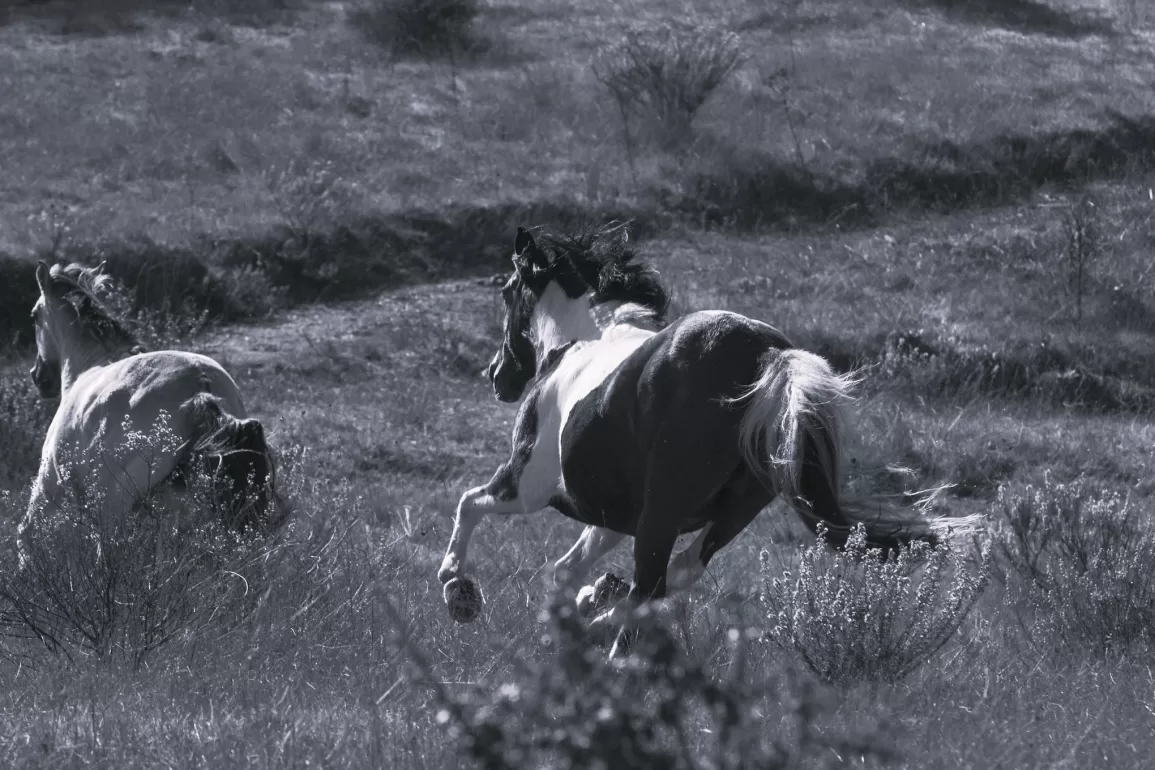The way I met Calhoun, I was sitting in the bar, the only bar we have in town. At the time, I had my heels hooked on a stool talking to Jack, sipping a red beer. Jack glanced over my shoulder toward the door and I felt a draft on my neck as someone walked in. I could hear the jingle of spurs. I remember thinking, Who in the hell wears spurs these days? Jack chinned a “howdy” to whoever...

